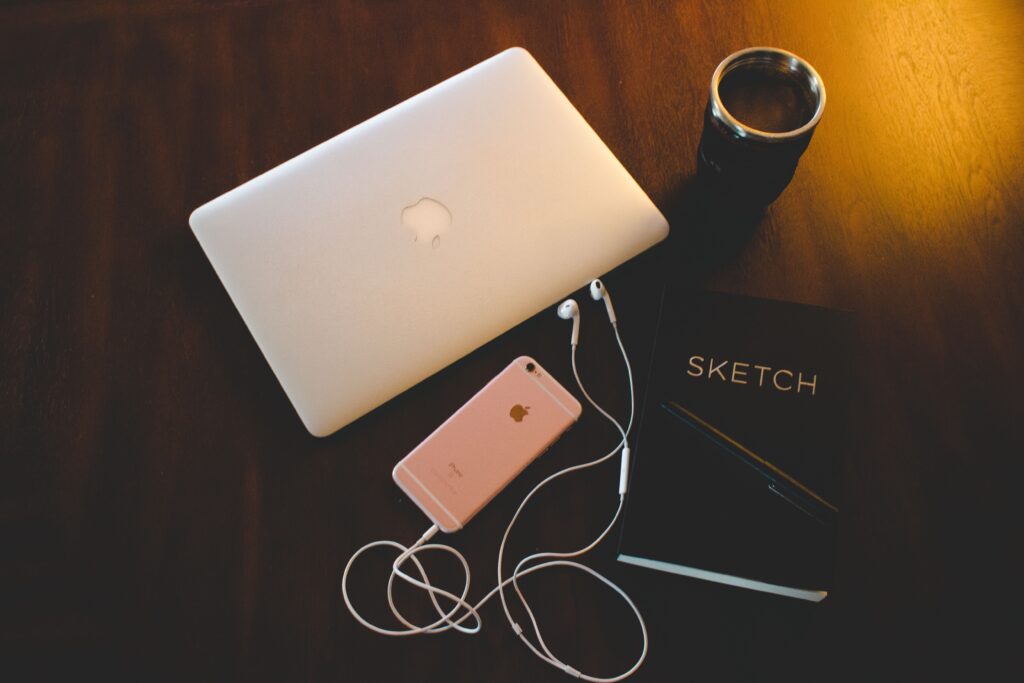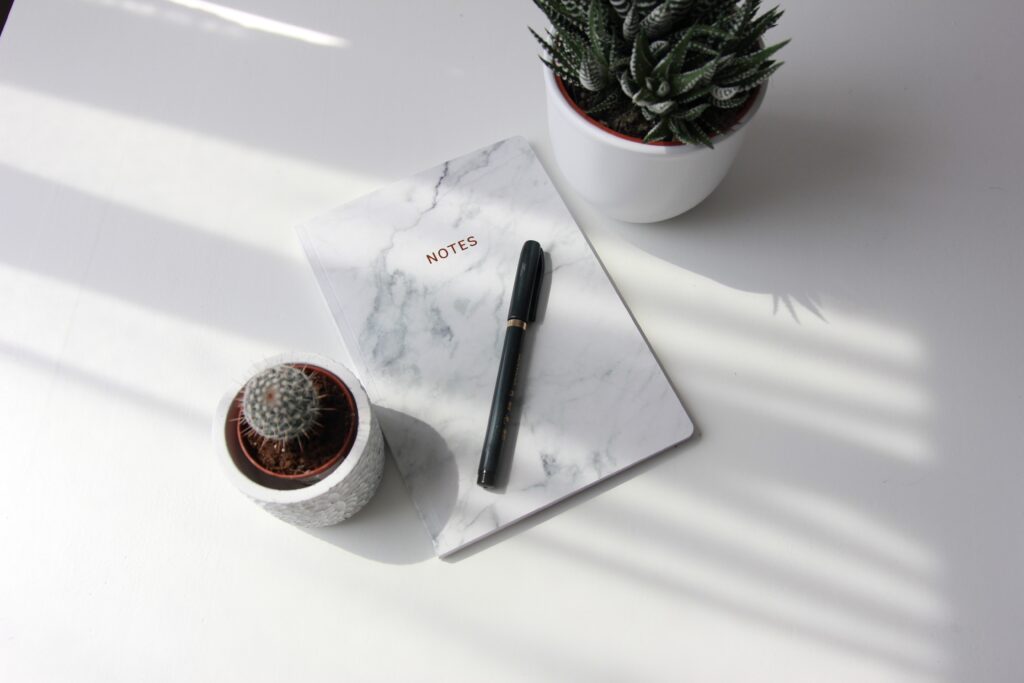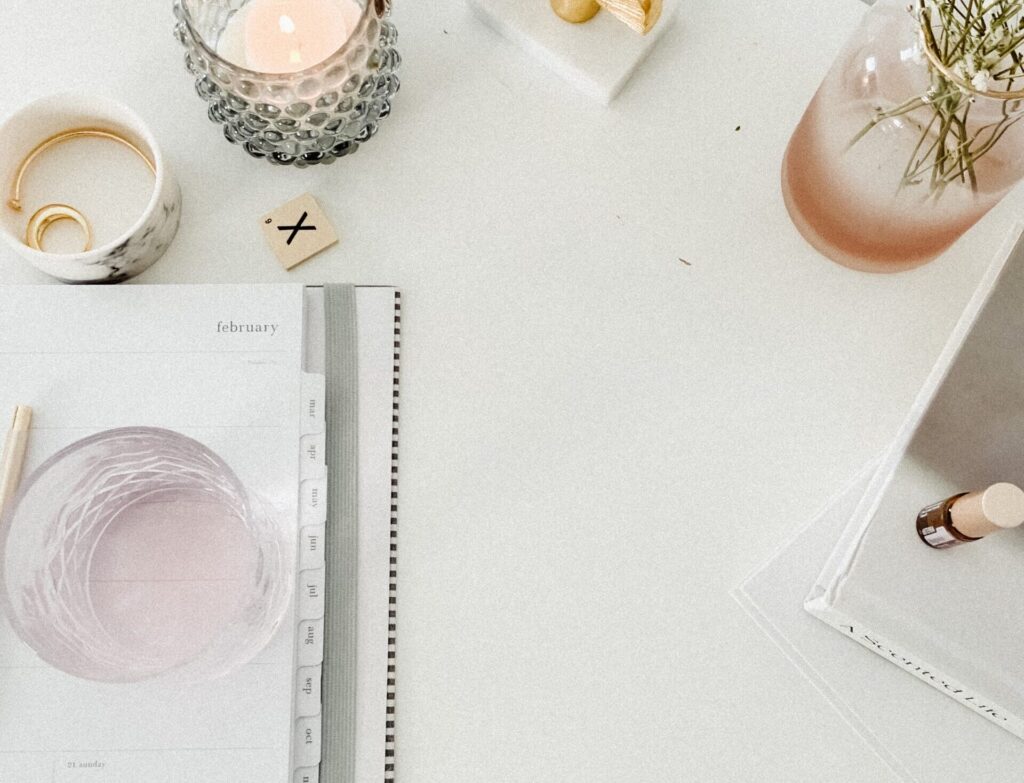It says that old habits die hard.
But when your daily habits cost you your well-being, you might as well want to reconsider the notion.
At present, we are all the time online. Whether chatting with someone, posting, commenting, or on binge-watch. But scrolling through your phone or social media for hours on end can make you more addicted and restless.
The constant beeping of your smartphones won’t let you be at peace. And at a certain point, you start having urges to get away from all the pressure, workloads, and social circles. All the daily technology use can lead to a digital overload which can cause many side effects to your health, like feeling nauseous, dizziness, increased stress, eyestrain and most importantly it can affect your sleep.
To detox digital lifestyle side effects from your daily life, you need to add digital detox practice to your daily self-care routine. Going on a digital diet every now and then can be a great way to implement self-care rituals into your routine. This practice can allow you some time away from its overwhelming presence, which can bring in many health benefits.
What Is Digital Detox?
A digital detox is about allowing yourself some time away from any use and connection or minimal contact with digital devices.
You set aside a specific time or day to take a break from the overwhelming presence of technology and unplug for a while.
Allowing yourself a distance from the screen can bring you closer to the real world and yourself. It is a form of self-care that has become an essential implementation in every self-care routine.
Importance of Digital Detox in Self-Care Routine
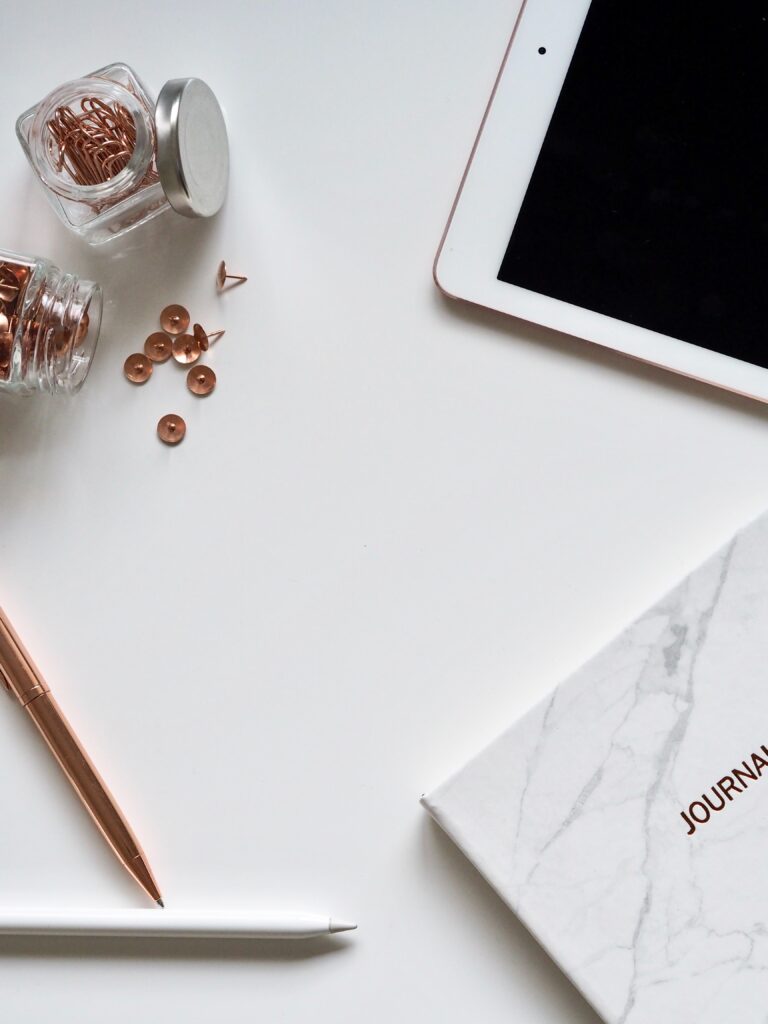
Image credit to jess-bailey on unsplash
Self-care is an everyday essential now. A must-have and needed implementation in today’s digital realm. It is a lifestyle approach that helps flourish your inner growth and healing, both physically and mentally. In a self-care routine, you follow selected rituals or practices that let you turn into your inner needs to care for yourself, which brings quality and vitality to your day.
Adding digital detox into your daily routine aligns with your self-care goal, which invites many benefits in your life. While technology and digital devices have made life easier. [No doubt about that], but they have added new stressors into our lives as well.
With a smartphone, you feel connected to the outside world all the time. This has created an attachment to your gadgets. You constantly want to be online and updated all the time, and this leads to digital dependency. Overuse of smartphones has been linked to increased health conditions like trouble falling asleep, insomnia, headaches, and a heightened level of stress.
A digital detox not only lines up with your self-care practices but also brings you many benefits that reduce the cons that come with living a digital lifestyle and that add to wellness.
1. It Connects You to Yourself
Doing a digital detox is an excellent method to uncover your reliance on them. Unplugging yourself from technology for a while makes you realize how much you have been holding yourself back in your life from living.
Disconnecting from technology can reconnect you to yourself. It gives you needed room and mental space to reflect and prioritize yourself.
2. Creates Work and Life Balance
A constant worry of completing your work and tending to your duties never lets you be free of this ceaseless attachment to technology.
This leads to bringing digital devices use into your personal space and affecting your life by blurring the line between work and life balance.
A digital detox lets you find that balance again, by creating a separate space between your both lives.
3. Improves Your Wellness
While people are relieved and feel much more at ease by the intervention of the digital era, it has brought many shortcomings along as well. There have been many adverse health disadvantages to the constant use of technology.
The use of digital devices for longer periods can disrupt your sleep pattern, insomnia, increase your body mass index, and also contributes to many mental health conditions. A digital diet can break the chain that links to these adverse effects and helps you maintain your well-being
4. Increase Focus
Introducing new apps and gadgets has taken up all our attention. We are constantly distracted in the chase of finding, adapting, and staying at the top of learning new technologies. Stealing a moment to yourself will help you find your focus again. You can then concentrate on things that should really matter and improve your quality of life.
5. Makes You Appreciate Little Moments
Technology has stolen the most important thing from us. That is enjoying little things in life. Tuning to the world around you instead of fishing out your smartphone from your pocket the moment you get a chance makes you notice some of the great moments.
Witnessing small but meaningful acts around you makes you appreciate life more and increases your satisfaction level as well.
Ways to Implement Digital Detox in Your Routine and Life
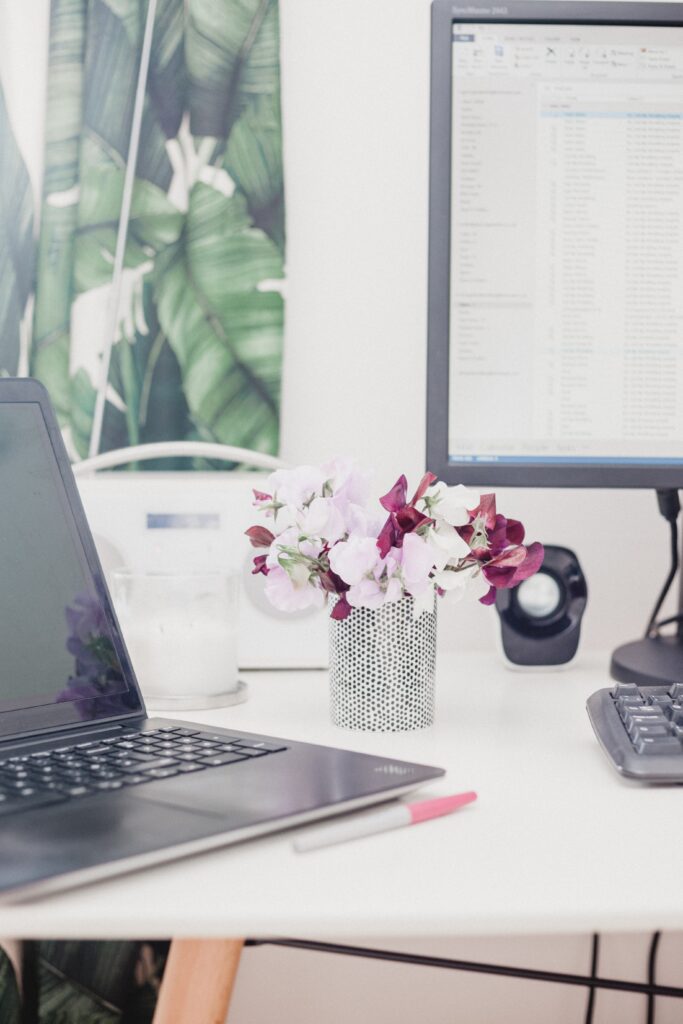
Image credit to georgia-de-lotz on unsplash
Every time when you are scrolling on social media and chatting, you are giving away that important time. You could devote that time to doing real-life activities or practices that can contribute to your well-being.
Stepping back for a while will help you determine its role in your life. For sure going all in on digital detox is not peachy keen for some of us, since all the world and work is digital now. But you can create rituals that can be better aligned with your goal.
1. Schedule Detox Time
For me, this is the most preferred form of digital detox. In your smartphone, you schedule your device on airplane mode or switch it off for a selected hour in the task timer. You can do this as per your daily routine and at your convenience.
This way, you don’t have to keep reminding yourself to stay away from your smartphone. A task timer will turn off your phone or put it on airplane mode and restart back again for you.
2. Tune In to Mindfulness
Going mindfulness is the most gentle and intentional way to include digital detox in your day. For a while, you can indulge in some self-care rituals or some mindful moves to distract you from technology and connect to yourself.
Like going out for a slow walk, reading a book, or practicing some self-care that will calm your mind and soothe your soul.
3. Try Specific Detox
If you can’t go offline even for a few hours, you can try a specific detox to unburden your tech overload.
Like, not checking your social media accounts for a day, restraining certain apps use, limiting the amount of time you will check your emails, or trying no Netflix and video games for a day.
4. Try Alternative Modes or App
To lessen the overpowering presence of technology, you can try alternative modes to replace the apps you frequently use. Like using sticky notes instead of using your phone’s notepad for important notes, using a real book in place of a Kindle, or going to real stores instead of shopping online once in a while.
5. Try Mini Detox Sessions
You can also implement mini detox sessions throughout the day to limit your technology use with no devices during lunchtime while having family meals or making your bedroom a no-tech zone.
6. Find a Detox Pal
Having a partner that cheers you and shares the same goals can make your detox more successful. You can team up with friends and encourage this practice in your family as well.
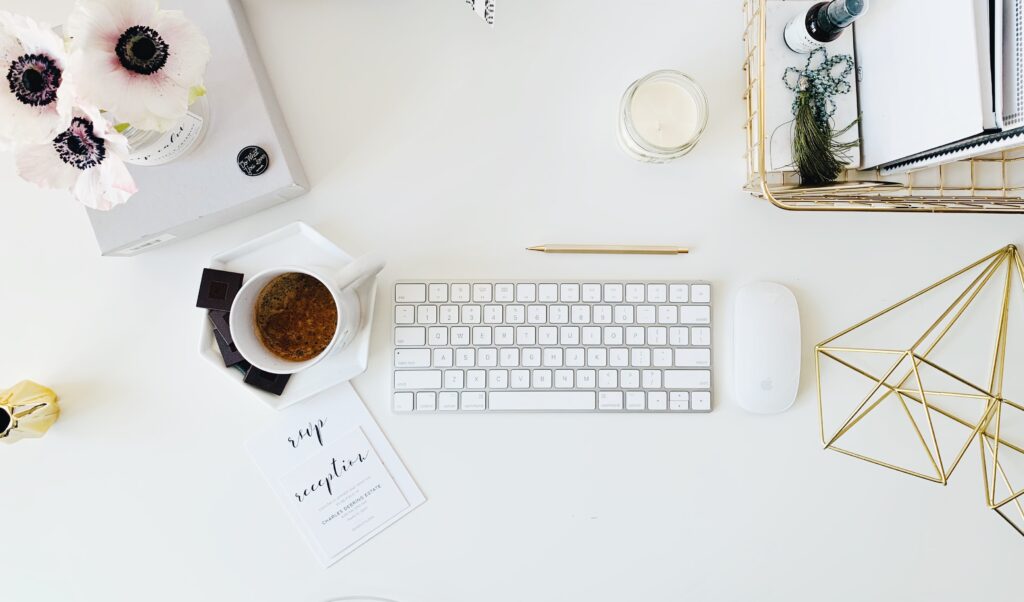
Build a Healthy Relationship with Digital Devices
As people are being aware of self-care and its unfathomable benefits, more people are giving way to accepting self-care practices as a daily requirement.
Including digital detox in your self-care routine changes the way you build relationships with tech gadgets and how you let them settle in your life, by playing a major role in affecting your physical and mental health.
Recreating and gaining power over your habits gives you more room to encourage slow living by allowing you to focus on slipping present moment and connect with things that should hold importance instead of technology.
In a nutshell, it can forever change your relationship with yourself.

